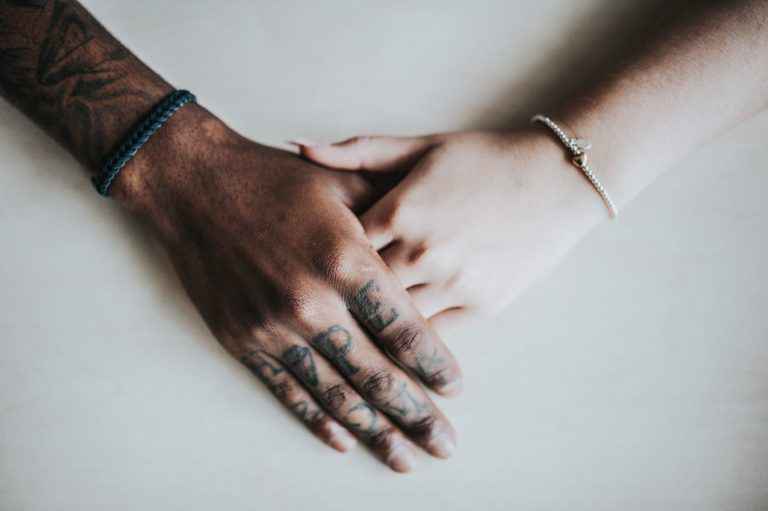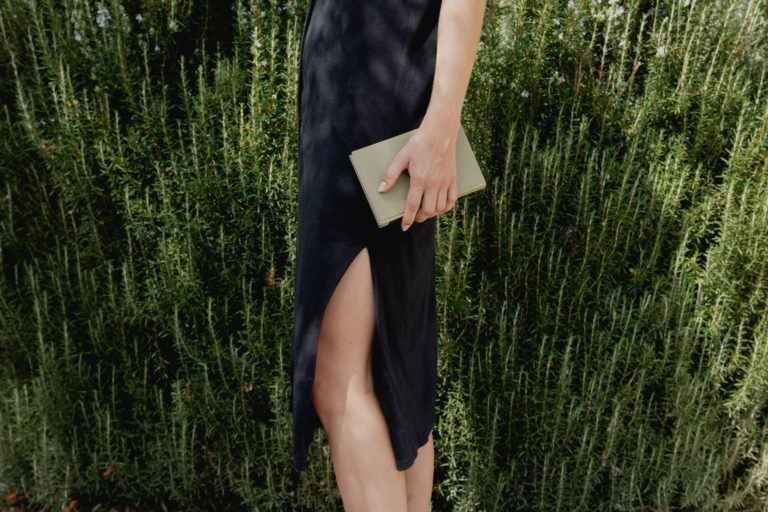The first acupuncture and in vitro fertilization (IVF) trial was published a little over a decade ago. Since then, acupuncture’s impact on IVF continues to be investigated.
A group of savvy researchers recently published a study analyzing the currently available research to better understand acupuncture’s effect on IVF pregnancy outcomes. In their high-quality meta-analysis, the researchers selected the best randomized, controlled trials to review. Upon completion, they concluded that one to three acupuncture treatments did not significantly increase three important IVF outcomes: the number of IVF positive pregnancy tests (clinical pregnancy rate), pregnancies beyond 8 gestational weeks (ongoing pregnancy rate), or deliveries of a baby (live birth rate). As a fertility acupuncturist and clinical researcher, I was not surprised by this study’s conclusion. Let me explain, as some context is needed to understand why the most recent meta-analysis does not preclude women* undergoing IVF from any acupuncture.
It boils down to two things. The first consideration pertains to the question of what is an adequate acupuncture dose. One to three acupuncture treatments are antithetical to usual acupuncture practice. For comparison, two acupuncture treatments given on the day of embryo transfer is akin to trying to mop up a spilled gallon of milk with a single paper towel. Not the best tool for the job. At our practices, a typical acupuncture treatment plan to support an IVF might include 9-12 sessions prior to embryo transfer, but that depends on the next point.
Acupuncture treatment plans are individualized to the patient. In research, the treatment is standardized. When we work with two people both diagnosed with the western diagnosis of diminished ovarian reserve, it is likely they may have different fertility type(s). (Learn more about the different fertility types in Jill’s book, Making Babies.) And, if they both go through IVF at the same time, they may receive two entirely different series of treatments. Much like the IVF doctor who adjusts the drug dosage based on key diagnostics such as age, blood chemistry, and the patient’s response, acupuncturists tailor treatment plans based on the patient’s fertility type(s). This individualization by fertility type(s) is a key component of Chinese medicine methodology. It also dictates a large part of the treatment plan. For these reasons, using a standardized acupuncture treatment in a limited dose is not the best treatment strategy to improve IVF outcomes.
You might be wondering what evidence supports these claims of insufficient dose and need for individualized treatment? I managed an acupuncture program at a very successful IVF center in the Seattle area for more than five years. In my own research of more than a 1,000 patients who underwent a fresh, non-donor IVF cycle, we found the odds of a live birth were 73% higher with women* who attended an average of 12 sessions with their IVF cycle when compared to women* that did IVF with no other additional treatment. The full paper is forthcoming. The Chinese medicine series of treatments included weekly acupuncture before and during the IVF suppression phase, twice weekly during the stimulation phase, and two treatments around the time embryo transfer. They also received dietary recommendations, lifestyle recommendations, and in a few cases, Chinese herbs tailored to their Chinese medicine fertility type(s). In a limited number of cases, Chinese herbs were administered after consultation with the IVF physician. In research, we sometimes call this combination of acupuncture, diet, and lifestyle therapies Whole Systems-Traditional Chinese Medicine, because patients receive the whole offering of this system of medicine. When we compared the Chinese medicine pre-treatment group with the women* who only received standardized acupuncture on the day of embryo transfer, the odds of live birth were 53% higher in the Chinese medicine group. That’s quite a difference and suggests we are indeed investigating the wrong strategy.
In simplest terms, the acupuncture used in the meta-analysis does not reflect what acupuncturists do in clinical practice day in and day out. The ideal treatment plan should be tailored to you. Your acupuncturist can make the best determination based on your fertility type(s). If you are pursuing an IVF, talk with a fertility acupuncturist to find out the best treatment plan to support your cycle and family-building goals.
Lee Hullender Rubin is an Doctor of Acupuncture and Oriental Medicine and licensed acupuncturist, as well as a friend of the Yinova Center. With more than 12 years as an acupuncturist and more than 5 years integrated into an IVF clinic, she is dedicated to reproductive health and well-being. To read more articles and learn more about her practice in Portland, Oregon, visit her website here.
* Language used in the studies referenced.






